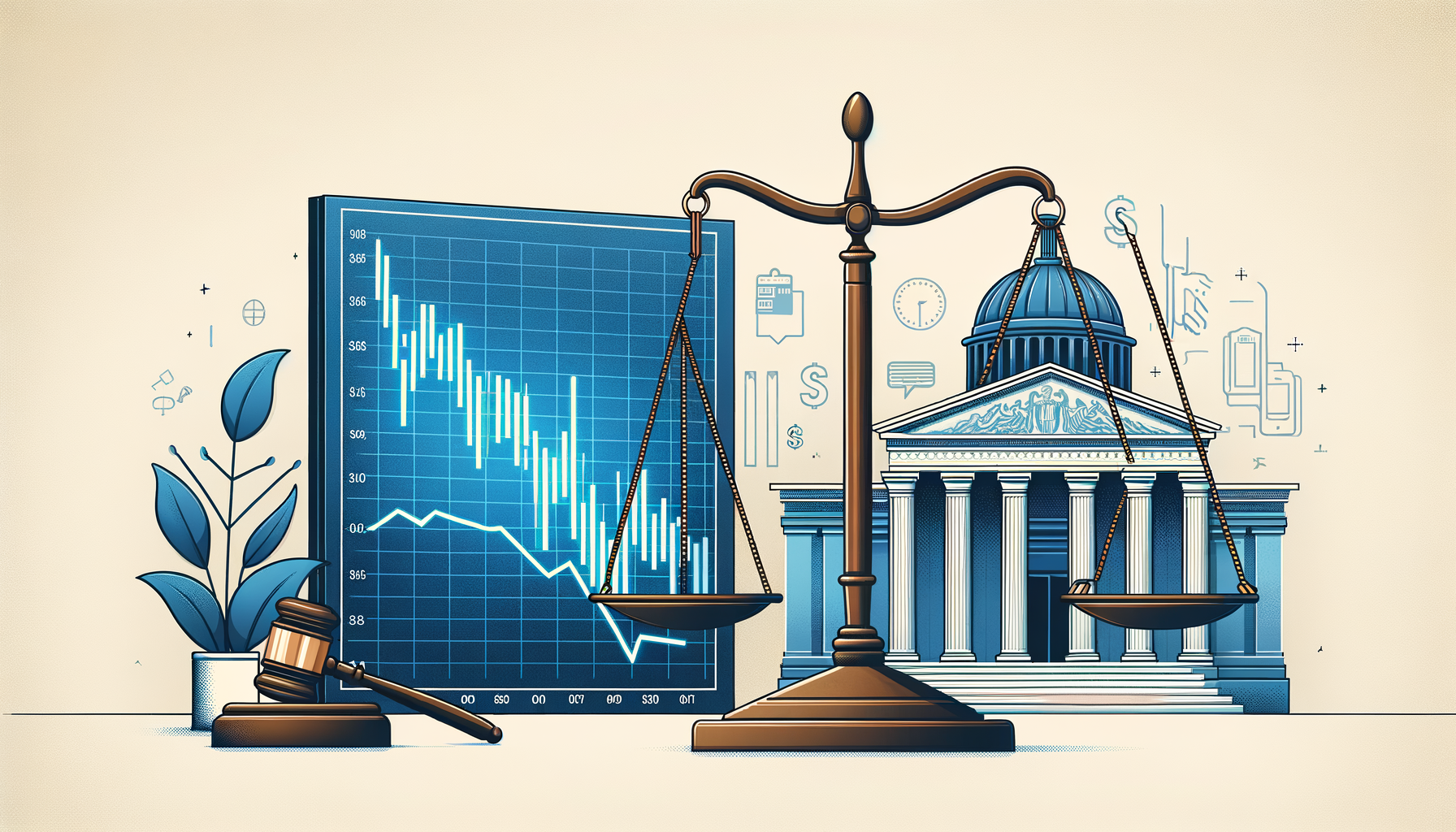Investment Risks and Government Accountability During Shutdowns

The Impact of Government Shutdowns on Federal Workers and Investment Risks
The possibility of a government shutdown looms over the United States, threatening not only the operation of various federal services but also the livelihoods of millions of federal employees. During such shutdowns, essential functions like transportation, public health, and assistance programs are significantly impacted, creating widespread disruption. For instance, air travel may experience delays due to air traffic controllers and TSA agents being furloughed, and programs such as SNAP and WIC face potential shortages, affecting millions who depend on them.
The majority of federal workers, earning between $55,000 and $65,000 annually, live paycheck to paycheck, and a shutdown could mean they fall behind on their financial commitments. While these employees are either furloughed or expected to work without pay, members of Congress continue to receive their salaries, as mandated by the Constitution. This creates a glaring injustice as the very architects of the shutdown remain unaffected economically, while federal workers face significant hardship.
The Disconnect Between Policy Makers and Federal Workers
The fundamental issue here is the separation between those who make decisions and those who bear the consequences of those decisions. If members of Congress experienced the same financial strain as an average federal worker during a shutdown, it is worth questioning whether they would be as willing to prompt such a drastic measure. Historically, leaders who shared the same fate as their people were seen as more commendable and trustworthy.
In the realm of investment, companies like WBD, Warner Bros., headquartered in New York, New York, and META, Meta Platforms Inc., based in Menlo Park, California, could also feel the ripple effects of a government shutdown. The stability of financial markets is partially dependent on strong government operations, and uncertainty can affect investor confidence and market dynamics. While not directly connected to government salaries, the markets do react to the broader economic implications of such political decisions.
Examining Congressional Accountability and Trust
Congressional salaries remain untouched, even as they advocate for austerity measures that would cut funding for critical domestic programs by an average of 23 percent. The refusal to apply the same financial constraints to their own compensation highlights an imbalance between lawmakers' lives and those they govern. As a result, public trust in the government hovers at record lows, with citizens increasingly believing that politicians are self-serving.
Addressing this divide and implementing a system where decision-makers share the burdens they impose could lead to more equitable governance and possibly restore a measure of public faith. In the interim, federal employees remain vulnerable to the whims of political strategy and experience the stark reality of a government shutdown firsthand.
investment, shutdown, hypocrisy